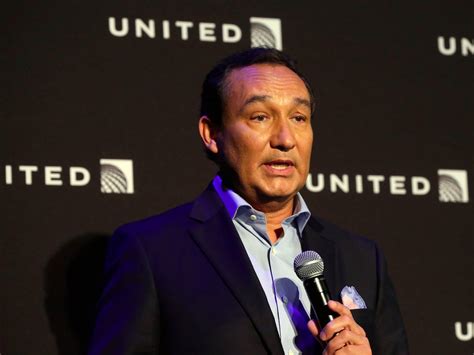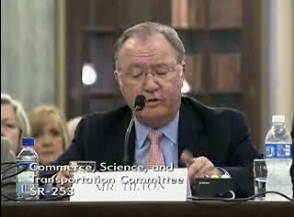A Quote by Jon Taffer
When a sizable group of customers speak, I always listen! The 'customers' view' is key to my confidence in decisions.
Related Quotes
If you ask who are the customers of education, the customers of education are the society at large, the employers who hire people, things like that. But ultimately I think the customers are the parents. Not even the students but the parents. The problem that we have in this country is that the customers went away. The customers stopped paying attention to their schools, for the most part.
Often people say they can't base their strategies on customers because customers make unreasonable requests and because customers vary too much. Such opinions reveal serious misconceptions. The truly outside-in company definitely does not try to serve all the needs of its customers. Instead, its managers are clear about what their organization can and should do for customers, and whatever they do they do well. They focus.
Often, very talented technical people find it extraordinarily difficult to take the viewpoint of customers, who are often ignorant about the technology and who may have strong and perhaps incorrect prejudices about it. The technical people may believe, deep down, that they know better what customers "should" need. Customers, of course, have a different perspective. They want products that will solve customer problems and provide other customer benefits, and will do so without undue risk or cost. Not infrequently, customers view advanced technology itself as a risk.

































